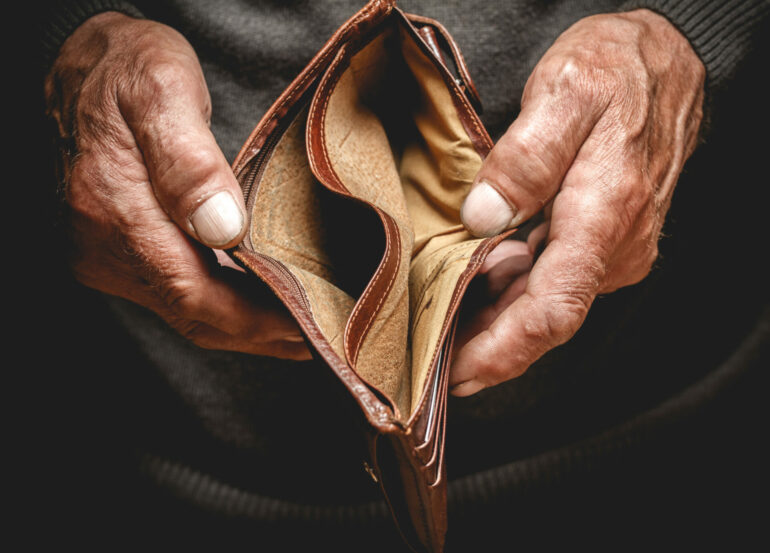New YouGov polling commissioned by StepChange Debt Charity for Debt Awareness Week has revealed that household finances are in a dire state over a year into the cost-of-living crisis.
The survey found that people are facing higher council tax, less support with energy bills, and increased rent or mortgage payments.
The representative survey examined the impact of the cost-of-living crisis on household incomes.
The results showed that 15% of UK adults, equivalent to seven and a half million people, have £20 or less left over each month after paying for essentials.
Meanwhile, 8% of people have no disposable income at all. These findings were consistent with StepChange’s own client data, which showed that one-third of new clients are in a negative budget, meaning that their expenses exceed their income even after debt advice and budget counselling.
The survey also revealed the impact of nine consecutive interest rate rises on mortgage holders and renters alike.
Half of renters and 38% of mortgage holders expect their housing payments to rise within the next 12 months.
Of those facing a rise, one in four expects to be driven into problem debt because of it. Among renters whose rent is rising, 81% say it’s because their landlord is increasing their rent.
Furthermore, the Energy Bill Support Scheme (EBSS), which has seen households receive a £400 discount on their energy bills, is coming to an end on 31st March.
More than one in three people say they will have to borrow to cope, a figure that rises to more than two in three among Universal Credit claimants and one in two among renters.
StepChange is calling for reform that will have a long-term impact and ultimately protect people from remaining trapped in a spiral of problem debt.
The charity has been campaigning for an end to unaffordable deductions from benefits to repay debts and would like to see the introduction of a social tariff on energy bills to support low-income households.
Richard Lane, :irector of external affairs at StepChange Debt Charity, said” “Government must look at the whole picture and recognise the scale of this issue which is rapidly turning into a debt crisis.
“Those on low incomes are going to receive extended support with energy bills and childcare, however, they still face punitive deductions from benefits to repay debts.
“Then there are those households who fall through the gaps, not eligible for government help, but still struggling to cover their living costs.”



